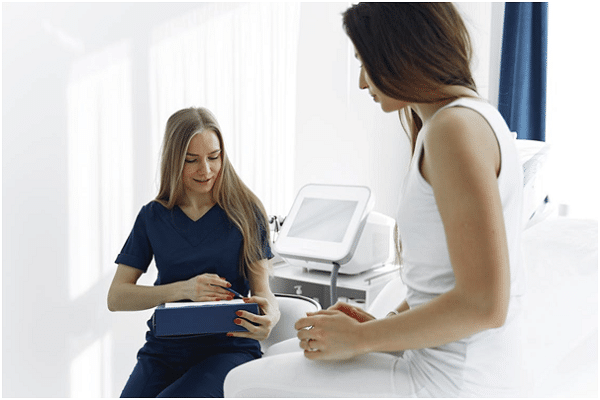Table of Contents

The healthcare sector is vast. Some patients come from different walks of life to get treated. Society is highly diverse. You’ll meet people who speak other languages than you and even have different views on modern medicine. As a nurse, you don’t get to choose who walks into a hospital. Every patient has a right to exceptional healthcare.
However, as a nurse, you need to develop understanding and tolerance to ensure that you’re looking after patients well. The healthcare industry also integrates ethics as another fundamental core feature. So, nurses cannot downplay the importance of ethics in their careers. Culturally competent nurses provide better healthcare outcomes and care. For any hospital, that entails success. So here are reasons why nurses need to get culturally competent:
1. You Understand Your Patients Better
Some patients are hesitant about medical procedures. Their hesitancy comes from their views on modern medicine. When you’re more culturally aware, you understand a patient’s perspective. When there is an understanding between you and your patient, you can communicate better. You know what to say and how to say it without offending anyone.
Moreover, another way to better understand patients is to study advanced degrees. Part of your coursework will include working in clinics outside of your state. You can opt for an MSN degree onlineto learn the different facets of being a nurse. An online degree allows you to continue your studies with your job.
2. You Can Use Data About Communities to Help the Public Health Sector
People hailing from the same background tend to stick together. People like forming communities no matter where they go. That means within the same area, people of the community live together. So, there’s a chance that the same infectious diseases are getting transmitted to each other. So, with a patient’s consent, use their data if you have people from the same background. Study what disease they’re most susceptible to and how often they seem to get sick. The public health sector is always looking for data that helps them understand improving healthcare outcomes. You may be an asset to them.
3. Your Language Becomes Simpler
As a nurse, you need to explain the treatment route to patients. You will need to use medical terms to make them understand what to expect. However, medical terms aren’t confusing. What matters is how you explain them. You acknowledge that patients may not understand the science behind the process. So, instead of looking down at them, you bring yourself to their level. You use simpler words and relatable examples to draw a picture. When naming tests, you can quickly tell them what they are for and how invasive the procedure is. Patients can get overwhelmed in a hospital. They don’t need people looking down at them. So, the more approachable you become, the better.
4. You Reserve Judgement
Not every patient will act the way you want them to. They may disagree with the medication or choose not to get specific tests done. As a medical practitioner, you may instruct a patient on what to do, but you can’t compel them. You also get to use their beliefs against them. Cultural awareness makes it easier for you to understand your patient. It also keeps you from getting angry at them or calling them out. You hold the right to judgment and proceed as the patient wants you to. Unless it’s a medical emergency, there is no harm in preceding specific tests.
5. You Push for Better Healthcare Policies
When you experience diversity, you know what problems the sector is facing. You may start advocating for better healthcare reforms for your patients and colleagues. Hospitals need better healthcare reforms. It helps them make better decisions on what the healthcare standard needs to be. In the medical sector, many diseases get overlooked because they’re more common in some communities than in most. So, when a patient with symptoms of an uncommon disease appears, doctors may overlook their condition. Consequently, that creates room for malpractice.
What are Cultural Components of Nursing?
Culturally competent care has five fundamental blocks. If you’re interested in becoming more culturally competent as a nurse, here’s what you need to do:
- Get Culturally Aware. You need to know about the people with whom you share society. You want to know about their cultural and religious traditions. So when you communicate with them, you don’t offend their values.
- Learn about Cultures. You need to know cultures. That means you need information that is accurate about their beliefs and thought processes.
- Cultural Skills. To have cultural skills entails that you need to collect relevant data and use it in cross-cultural interaction—for example, the proper way to greet your patients.
- Encounter People from Different Cultures. You need to step out of your comfort zone and talk to people from other cultures. That means you’re not prejudiced if your peer comes from a different heritage.
- The Desire to Learn More. Don’t limit yourself to mainstream cultures; push for more. Learn everything you can about them, even their languages. Even if you can’t learn about their languages, then at least make an effort to know more.
Wrap up
Cultural competency is essential for a field as diverse as the healthcare sector. There are tons of patients moving in and out of a hospital. Every patient wants respect and the best treatment. As a nurse, you can make that happen by learning more about cultures. When you have the willingness to learn more, you deliver more. You are more competent and patient with those you treat. As a result, you help improve the healthcare sector and provide care to those who need it the most.